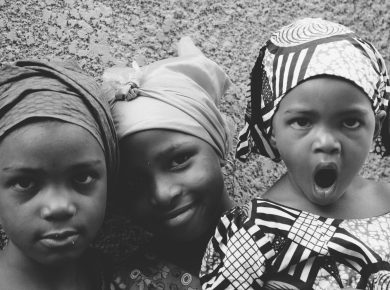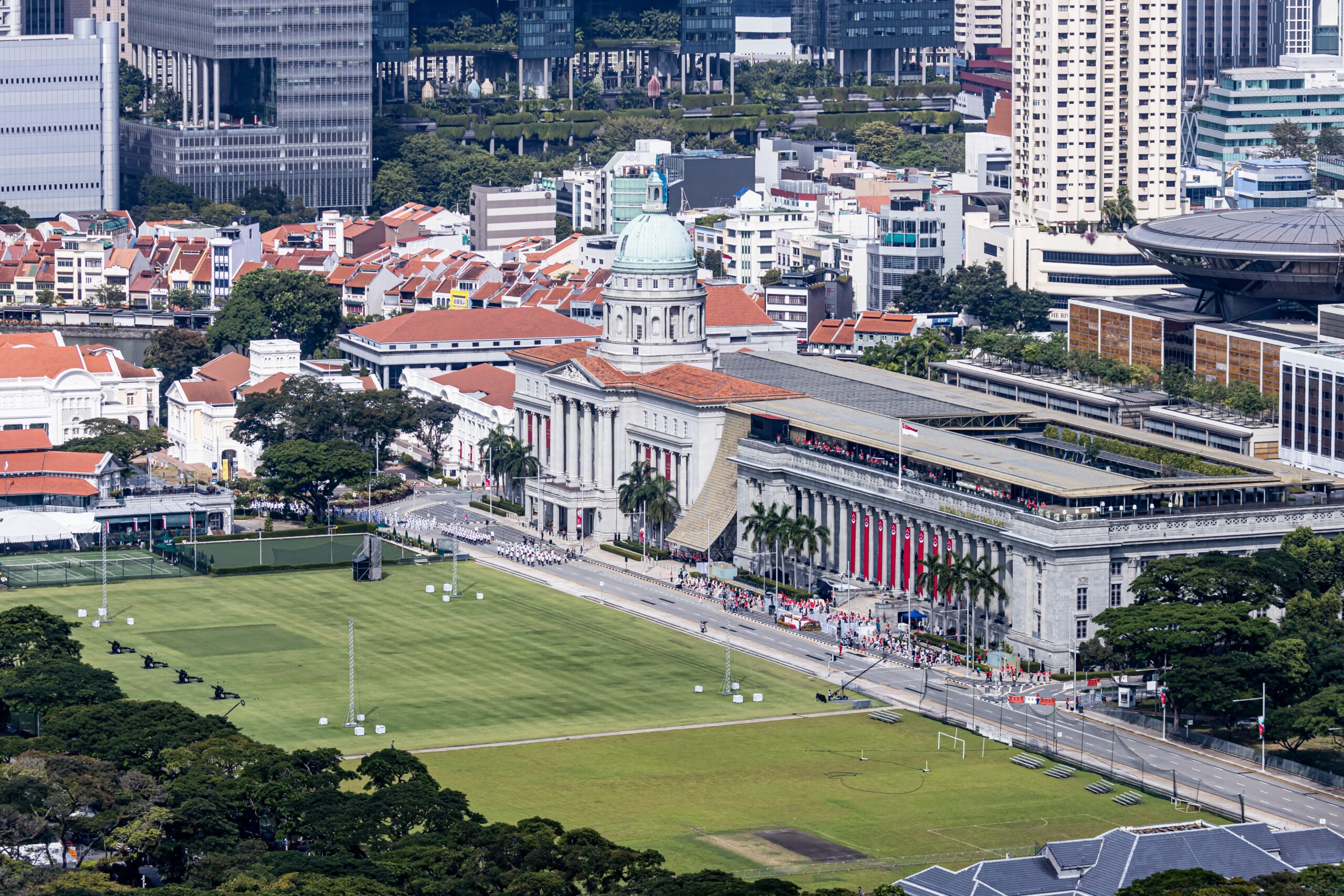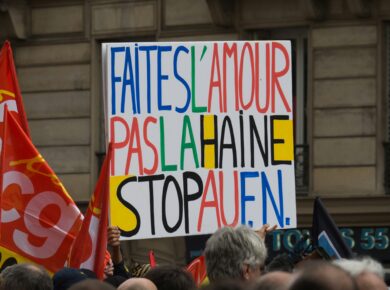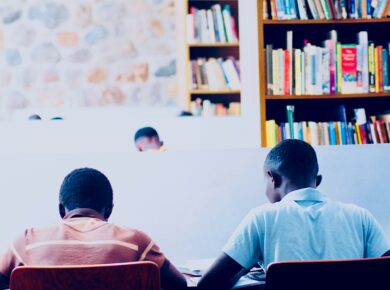English Language and Literature has been in a dynamic business environment around the world. It is designed to provide exceptional cutting-edge knowledge for School and Open and Distance Learning, suited for English Language and Literature programmes.
The programme is designed to provide functional, cost-effective, flexible learning which adds lifelong value to quality education for all who seek knowledge. Students are expected to choose one (1) out of the two available electives..
OUTLINE OF COURSE STRUCTURE
Minimum duration of the B.Ed. The degree in English Language and Literature Programme is four years of eight semesters and a maximum of eight years (of sixteen semesters) under the flexible mode of study.
ENG 111 INTRODUCTION TO PHONETICS AND PHONOLOGY 3C
Introduction to the Principles of phonetics description and taxonomy. Organs of Speech:ech; the basic principles of speech sound, description and practical exercises with extensive audio-visual aid in the language laboratory.
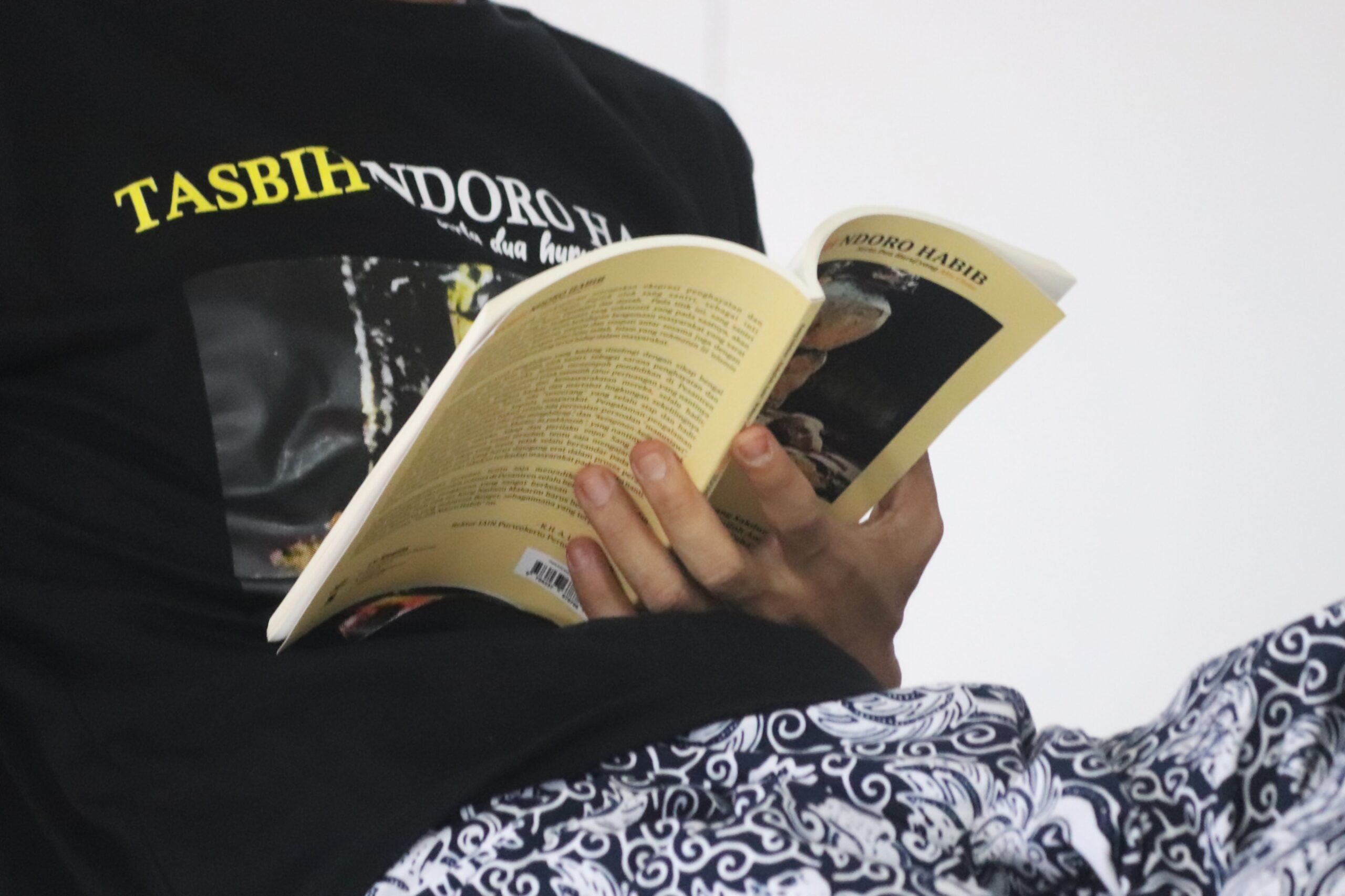
ENGI12 ELEMENTS OF GRAMMAR AND USAGE 3C
The course is designed to introduce students to the basics of English Grammar to enable them to identify various structural components of English sentences. Common grammatical clauses and their functions will be examined, e.g. subjects, predicates, nouns, verbs, adjectives, etc..
ENG 113 INTRODUCTION TO LANGUAGE STUDY 3R
The course is designed to provide a linguistic background. Aspects to be taught include the nature and features of language, types of language, language and culture, etc.
ENG 114 INTRODUCTION TO LITERATURE AND LITERARY APPRECIATION3R
The course is designed to provide students with background information on literature courses. Emphasis will be on the relationship between form (style/technique) and content (message/subject matter/theme),
ENG 121 SHORT STORIES 3E
Short stories form an important corpus of the world’s literary output. The course introduces the genre, selecting at least ten short stories in English from various parts of the world for close study. Theme and style are important elements of study.
ENG 122 LITERATURE AND SOCIETY 3E
This course will trace the relationship between literature in society by exploring how literature is influenced by the culture, changes and events in society. Specific literary works from various cultures will be studied.
ENG 123 INTRODUCTION TO AFRICAN LITERATURE 3E
This course is designed to introduce students to the major genres of Africa. Attention will be drawn to the changes in score and the preoccupation of the writer over the years.
ENG 211 GENERAL LINGUISTICS 3C
The course aims at introducing students to the study of a particular language (as ends in themselves) to enable them to produce a complete and accurate description of it. Through the study, students will be able to obtain information about the nature of language in general. Essentially, the following will be studied:
Definition of linguistics/language: Features of language, language as a means of human communication. The science of descriptive linguistics, conventional divisions and the rules of setting them up. Phonology, morphology, syntax, and semantics, including the study of social linguistics and psycholinguistics
ENG 212 ADVANCED ENGLISH PHONOLOGY 3C
The course will provide further insights into the study of English speech through further exercises and drills in aural description with minimal pairs. The study of sound behaviour in connected speech, secondary articulatory processes and prosodic features. There shall be exercises in phonetic transcription.
ENG 213 INTRODUCTION TO ENGLISH SYNTAX 3R
The course involves an in-depth study of the structure of English concerning a given model (traditional, structuralist, transformational-generative) or combination of models. Emphasis will be placed on practical analysis and description of English sentences.
ENG 214 HISTORY OF THE ENGLISH LANGUAGE 3E
The course requires a diachronic study of the development of English. Language from Old English to its present status as a world language. Elements of usage will be identified here.
ENG 215 INTRODUCTION TO SHAKESPEARE 3E
is designed to give an insight into the age in which he lived and worked, his life and the social and other factors that affected his writing. The study shall cover all the genres in which he wrote.
ENG 216 ADVANCED READING SKILLS 3C
This course is designed to build on basic reading skills. Areas to be covered are impression, projection (viewing from personal and other perspectives), implied meaning, evaluation/ reappraisal, appreciation, and enjoyment. Introduction to word formation processes in English, i.e. affixation, inflexion, morpheme. The word is a linguistic concept (lexeme), paradigmatic and syntagmatic.
ENG 222 ENGLISH LANGUAGE METHODS 3C
This course is designed to prepare students for the specific role of teaching courses in the English language. The course covers areas like the nature of language and how it is learned. It is the distribution between the learning/acquisition of LI and L2 problems of language learning and teaching, and teaching language skills. It is using contemporary methods, and teaching vocabulary and reading skills.
ENG 223: POETRY: GENRES AND TECHNIQUES 3R
Introduction to major poetic forms in both English and African poetry. Poems from the various regions are to be studied as examples.
ENG 224 PROSE FICTION: GENRES AND TECHNIQUES 3R
Survey of various types and techniques of the novel, novella, novelette, and short stories. Narration techniques, type,s et,c. to be studied with practical analysis examples.
ENG 225 DRAMA: GENRES AND TECHNIQUES 3R
Detailed identification and analysis of various drama types. Types of stage and influences of time and audience. Use of theoretical devices.
ENG 226 PRACTICAL LISTENING SKILLS 3E
What is listening? Techniques involved. Cultivating good listening habits. Listening for information. Listening for carry-out-direction. Listening to academic talks -speeches, lectures, etc. Anticipatory listening comprehension. Listening for entertainment.
ENG 311 FUNDAMENTALS OF COMMUNICATION 3R
The course is designed to provide a general theoretical background to language study. Areas of focus shall include communication. Definition and scope. Types and Roles. Human language and animal communication. The communication process, paralanguage, cross-cultural, intra-and inter-personal communication. Communication and society.
ENG 312 MODERN ENGLISH STRUCTURE 3C
Comparative study of traditional grammar and the alternative modern approach. Focus on various works, classes, structures and systems, deep and surface structures, systems of word, group and clause ranks.
ENG 313 INTRODUCTION TO SEMANTICS 3R
Study of the concept of meaning and interpretation in English, word meaning and meaning relations among words and sentences. Meaning is a cognitive and social process.
ENG 314 ENGLISH LANGUAGE IN NIGERIA 3C
Exploration of the history of the English language in Nigeria, the emergence of local varieties and the evolution of a Nigerian standard. Comparative study of English about the distinctive properties of some Nigerian languages and how this may affect performance in Standard English. Bilingualism, interference, code-switching and features of English as a second language.
ENG 315 CREATIVE WRITING 3R
Designed to develop the creative potential of interested students. Studies in imaginative writing concerning the main genres of poetry, drama and prose. Approach mainly through a practical presentation and a critical appraisal of- project.
ENG 316 PRACTICAL CRITICISM 3R
The course aims, through practical exercises, to introduce students to the great critical debates. Techniques of literary appreciation according to the major schools of thought, viz., sociological formalist, structuralist, feminist, Marxist, etc. Selected texts will be used for analysis.
ENG 317 ENGLISH LANGUAGE METHODS II 3C
This course is a follow-up to ENG 222. It covers areas like: techniques of teaching language arts, lexis and grammar; questioning and examination techniques; preparing and utilising aids in language teaching. Lesson note preparation and use of texts for teaching.
ENG 321 WOMEN IN LITERATURE3E
Studies in female writing, vision, role and problems in the literary media. Themes and issues in feminism and the image of women in literature.
ENG 322 ORAL LITERATURE IN AFRICA 3R
Description and scope of Oral Literature, Oral Literature and the written form. The nature, varieties and function of Oral Literature in African societies.
ENG 323 THEATRE AND DRAMA IN EDUCATION 3E
A practical course that involves the study of the practical skills of theatre. Speech and voice training, techniques of improvisation, acting and stage construction, principles and practice of directing, play production, performance, playwriting, ensemble practices, etc.
The structure and methodology of both theatre and drama in education shall be taught. Practical workshops shall be organised to exemplify the methodologies of both disciplines.
ENG 324 ADVANCED WRITING SKILLS 3E
Designed to teach the techniques of writing. Areas of coverage include: formal and argumentative, expository and other types, comprehension and summary writing. Emphasis will be on the styles and registers of the various types.
ENG 325 INTRODUCTION TO SOCIOLINGUISTICS 3E
Definition and scope. Language and society. Language attitude and convention, diglossia, registers, bilingualism and language contact, code-switching and code-mixing, etc.
ENG 326 LITERATURE METHODS 3C
Techniques of teaching faster reading to different levels of learners. Strategies for building a class library. Criteria for selecting texts for Junior literature. Various techniques for presenting poems to learners.
Approaches for preparing lesson notes on literature. Activities for promoting children’s interest in literature,e. g. demonstration, improvisation, miming, role-play, playlet, etc. Use of follow-up in the literature study. Activities and techniques for promoting creative writing.
ENG 411 ADVANCED ENGLISH SYNTAX 3R
A follow-up to ENG 213. The course reinforces the nature, structure and types of English sentences. It also includes the pros and cons of the contemporary withdrawal from formalised systems of teaching and testing English and from virtually all agreed terminology.
ENG 412 THE STYLISTICS OF ENGLISH 3C
Definition and scope. History and development of stylistics. Identification of linguistic and linguistic features. Their effects in chosen texts (phonological, lexical, semantic and techniques and the theological focus of the body of literature produced for children. Selections shall be from various parts of the world, including Africa,
ENG 413 APPLIED ENGLISH LINGUISTICS 3R
Meaning and scope, social, cultural and psychological influence on the English language acquisition process, Problems of teaching English as a second language in Nigeria.
ENG 414 MODERN AFRICAN DRAMA 3R
An intensive study of major dramatic works in Africa [either originally written or translated into English]. The aim is to examine the major styles current in the genre. The structural values of each work will be studied as well as its place in modern African drama.
ENG 415 MODERN AFRICAN PROSE 3R
A study of novels dealing with African themes, life and experience. Selections shall represent various regions of the continent. Modern trends in African prose writing will be studied to make students aware of new ideas, techniques and motives in African prose.
ENG 416 CHILDREN’S LITERATURE 3E
The course aims to make students understand the philosophy, techniques and ideological focus of the body of literature produced for children. Selections shall be no various parts of the world, including Africa.
ENG 421 ENGLISH FOR SPECIFIC PURPOSES 3E
This involves the study of the English language as used for specific communication purposes. Emphasis is on variables necessary for achieving specific purposes of communication acts, like public speaking (formal and informal), mass media, and advertising. Political and religious communication and creative writing.
ENG 422 STUDIES IN BILINGUALISM AND MULTILINGUALISM 3E
Definitions and scope: Theories and concepts. Factors giving rise to bilingualism and multilingualism. Psychological and social problems. Focus on Nigeria and the place and functions of the English Language in Nigeria.
ENG 423 AFRO-AMERICAN AND CARIBBEAN LITERATURE 3E
Introduction to major writers in these parts of the world through the study of selected texts. Study of historical, sociological and literary influences.
ENG 424 INTRODUCTION TO PLAY PRODUCTION 3E
A follow-up to ENG 323. Designed to provide training in play production and theatre management. Focus on artistic, technical and managerial requirements of play production. Introduction, script interpretation. Audition costing and rehearsals. Act-Make-ups. Theatre Management. Students shall embark on major production assignments instead of a long essay project.
ENG 425 STUDIES IN A SPECIAL AUTHOR 3C
A specific author shall be picked for the study. The author is to be picked from any part of the world for intensive study. The author and subject shall change from year to year.
ENG 426 MODERN AFRICAN POETRY 3E
This shall involve study from selections illustrating major trends in African poetry in English, including translations.
ENG 427 LANGUAGE AND NATIONAL DEVELOPMENT 3E
This course focuses on the relationship between language and national development, e.g. constraints placed on development by the linguistic situation in developing African nations. Language as a medium of mass mobilisation and mass participation, etc.
ENG 428 PERIOD STUDY IN ENGLISH LITERATURE 3E
The course is designed to explore the socio-political, economic, religious, educational and other factors that typify various ages in English Literature. Selected authors and styles are to be studied as examples. These will be from the major literary genres.
ENG 429 PROJECT/LONG ESSAY 4C
Students are to write an independent project/essay under the supervision of the department. This is to demonstrate the student’s capacity for independent research and judgement.
ENG 430 PSYCHO-LINGUISTICS 3C
Meaning of psycholinguistics and its relevance to the language teacher. Language and its design features. First and second language acquisition learning. Stages of language acquisition and implications of each stage for the language teacher.
Conditions making for learning – i.e. motivation, physical and mental state of learning aptitude, interest, environmental influence, etc. Language disorders and therapy. Bilingualism, multilingualism and monolingualism. The issue of language policy. The national language issue in a multilingual society.
Master’s Degree (MEd) in English or Literature
The master’s degree programme is designed to carry out further research on the knowledge and training the students have received in their first degree. The department of the university will prescribe the courses you will offer throughout your time of study.
The courses will be selected from the courses in the first degree for further studies before the Master’s dissertation (Project). The topic of the project will be discussed with your assigned supervisor (s).
Minimum Tenure of the Programme
The tenure for the Master’s degree programme for English or Literature is a minimum of four (3) Semesters full-time and 4 semesters for the part-time programme.
Evaluation of the MEd Candidates
The minimum units for graduation should be 30, including the dissertation/thesis. The average mark for the programme is based on grades scored in all the courses taken, including the project. Examination grades in each course are recorded as percentage marks, and are interpreted as follows:
Doctor of Philosophy (PhD) in English or Literature
The PhD programme shall normally not be less than 4 semesters (2 years) from the first date of registration. Also, for this programme, a period of study originally approved for the 3-semester master programme may be accepted as satisfying a specific part of the period of study for the PhD. In no circumstances, however, may a period exceeding 12 calendar months be waived for candidates. A programme is a combination of coursework work research.
Requirements for PhD
Candidates for admission to the programme shall possess the following:
Those initially registered for the MEd or MPhil/PhD conversion programme of the department and who have obtained a total weighted average mark of at least 60% in the course examinations and projects at our university or any recognised university.
Candidates admitted to the programme will be required to take certain courses at the 700/800 levels, as the case may beein their areas of interest.
Students are required to refer their research proposal to an examination panel as recommended by the department and give department seminars on their PhD research work.
Seminar Programmes
Each PhD student shall present at least two seminars during his/her programme of study. The first seminar shall be presented at the research proposal stage, and the second shortly before the registration of the title of the thesis.
Each PhD student shall present at least two seminars during his/her programme of study. The first seminar shall be presented at the research proposal stage, and the second shortly before the registration of the title of the thesis.
Combination of Master’s and PhD Degrees
It should be noted that the candidates offering Master’s and PhD programmes might combine the courses below with English or Literature. MEd (English and Publishing) or PhD (Literature and Communication). The courses are listed below.
- Communication
- Publishing
- Media
- Journalism
- Script Writing
The concerned master’s students must offer at least 3 relevant courses in the Department of Mass Communication, while the PhD students will tailor their research topic to the combination.

